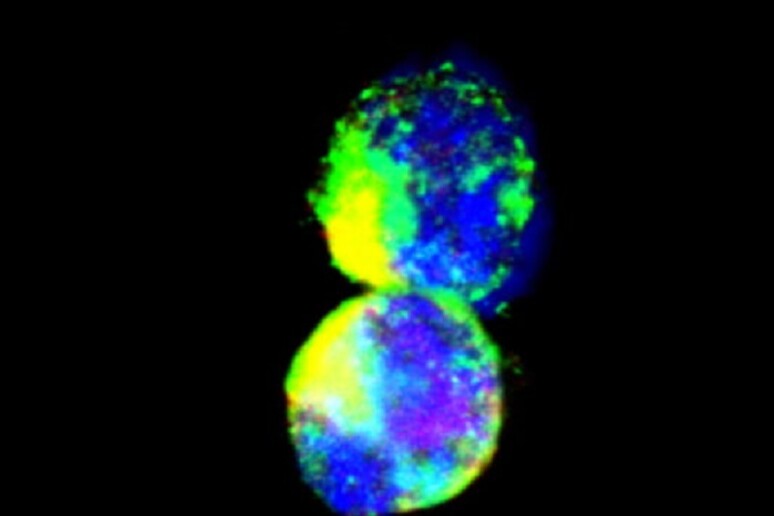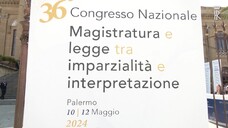Researchers have identified the protein that makes it possible to regenerate damaged muscles: it is called Cripto and, depending on the amount present in the adult stem cells on the muscle fibres, it can make them either repair injuries or leave them silent.
The findings are the result of an international study published in the journal Developmental Cell and coordinated by Italy, with the 'A. Buzzati-Traverso' Institute of Genetics and Biophysics (IGB) of the National Research Council (CNR).
The Californian Sanford Burnham Institute in La Jolla, the Federico II University in Naples and the Irccs Fondazione Santa Lucia in Rome also took part. The discovery requires further research before it can be applied to humans, but it nonetheless marks a step forward in understanding the regeneration processes of muscles compromised by ageing or degenerative diseases, such as Duchenne dystrophy.
"In the future, being able to control the expression and localisation of the Cripto protein in the muscle stem cells of elderly people could improve the efficiency of muscle regeneration," says research coordinator Gabriella Minchiotti of CNR-IGB.
The researchers studied 'satellite cells', i.e. adult stem cells that are found on the surface of muscle fibres and are in an inactive state called 'quiescence' when these are at rest.
Instead, they are activated when muscles are damaged.
It is the protein Cripto that decides whether or not these cells are activated, and is present on their surface in varying amounts.
Riproduzione riservata © Copyright ANSA













